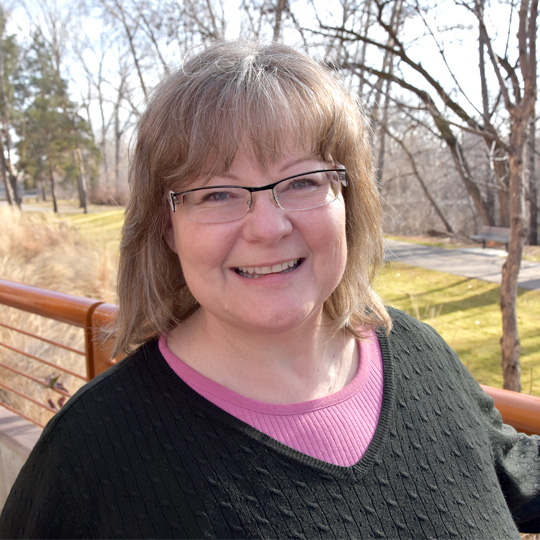-
Call Us
-
Baker City (541) 523-1001
-
Boise (208) 381-2222
-
Buhl (208) 814-1000
-
Caldwell (208) 381-2222
-
Eagle (208) 473-3000
-
Fruitland (208) 452-9000
-
Hailey/Ketchum (208) 727-8800
-
Jerome (208) 814-9500
-
McCall (208) 634-2221
-
Meridian (208) 706-5000
-
Mountain Home (208) 587-8401Nearest Location
-
Nampa (208) 381-2222
-
New Meadows (208) 634-2221
-
Ontario (208) 381-2222
-
Riggins (208) 634-2221
-
Sun Valley (208) 727-8800
-
Twin Falls (208) 814-1000
-
-
Health Services
-
Communities & Locations
Site Navigation
Supplemental
- About St. Luke’s
- Donate or Volunteer
- Blogs
- For Providers
- En Español
- Contact Us In Mountain Home (208) 587-8401
Menu
-
Health Services
Health Services Menu
Medical Services
Specialties, Conditions, Procedures & Treatments
Search by keyword or browse our list of services.
Providers
Find a provider by specialty, location, or availability.
On-Demand Virtual Care
Available 7 a.m. to 10 p.m. Monday-Friday and 8 a.m. to 8 p.m. on weekends.
Research Studies & Clinical Trials
See current studies testing new drugs, devices, and equipment to find better ways to treat and help patients.
Health Information
Health Activities
Life Events
-
Communities & Locations
Communities & Locations Menu
Facilities
Emergency & Urgent Care
For life-threatening medical emergencies, call 911 without delay. For a mental health crisis, call or text 988 for free and confidential crisis support.
Clinics
Search by specialty and location.
Hospitals & Medical Centers
Receive the highest level of care from the region's leading providers.
Labs & Imaging Centers
Find a lab or imaging facility close to you.
Pharmacies
Search for a retail pharmacy in your area.
Infusion Centers
Find an outpatient infusion center.
Business Services
Visit us to pay bills, ask billing questions, or request billing records.
Nearest You
-
Resources For Patients & Visitors
Resources For Patients & Visitors Menu
After Your Visit
-
 MyChart
MyChart
-
Search
Search Menu
- Local Pilot, St. Luke’s Hospice Give Patient a Flight to Remember
Local Pilot, St. Luke’s Hospice Give Patient a Flight to Remember

Retired helicopter pilot Lt. Col. Lee Roberson soared across the Treasure Valley March 23, 2016, his first flight since a rare brain cancer ended his flying career 19 years ago.
Roberson even took the controls as the small plane circled his boyhood home in Wilder several times. From the driveway of the home, Roberson’s mother waved to him just as his grandmother had done decades ago when he was assigned to the Mountain Home Air Force Base and flew regularly over the farmhouse.
“It was great,” said Chelsea Tuttle, Roberson’s daughter who accompanied him. “He stared out, and I think it brought back a lot of memories.”
The flight was made possible through the cooperation of Meridian pilot Scotty Crandlemier, a veteran who is starting an organization called Elevate Our Veterans to honor veterans with free flights, and by St. Luke’s Hospice, which sent along a licensed practical nurse to take care of Roberson’s medical needs.
“I’ve had a dream for a long time,” Crandlemier said. “It is the joy of giving a ride to veterans to thank them for their service. The biggest kick for me is seeing the family get out. This gets them out of their environment. It’s like a visit to a park.”
Elevate Our Veterans is paying it forward one flight at a time, he said.
Roberson is the second Treasure Valley veteran taken up by Crandlemire, who is looking for a sponsor or supporters to help grow Elevate Our Veterans.
Carolyn Roberson, Lee’s wife, said her husband hadn’t been to the family farm in months because his condition prevented them from getting him into the home.
She said when he was first diagnosed with the brain cancer in about 1997, doctors said there was a 5 percent chance of surviving beyond 6 to 18 months. Receiving chemotherapy and radiation helped him beat those odds, but his brain cells are now dying off from the effects of those treatments.
“His ability to fly was taken away from him in the blink on an eye on Memorial Day. That was his life—hunting and piloting,” Carolyn Roberson said. So when the family was approached about the flight, “we jumped at the opportunity.”
“It was so cute yesterday,” she said. “He insisted on wearing his flight helmet.”About The Author

Sandra Forester works in the Communications and Marketing department at St. Luke's.
Related Service

Your Partner in Health.
People are at the heart of great health care. That's why we are committed to delivering compassionate, high-quality care tailored to the communities we serve.
Together with our community partners and patients, we're building a stronger, healthier future for all Idahoans.
